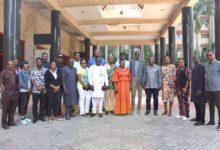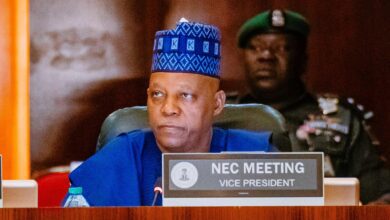
The Kaduna State government has officially validated Nine Local Government Areas (LGAs) as Open Defecation Free (ODF).
The United Nations Children’s Fund (UNICEF) in a statement issued on Friday, September 6, 2024 noted that this was nearly 40% of the total population, marking a crucial step towards creating a healthier and safer environment for the state’s residents.
Reacting to the development, Deputy Governor of Kaduna State, Dr. Hadiza Balarabe said:
“Kaduna State is determined to achieve state-wide Open Defecation Free (ODF) status by 2025, as no challenge is insurmountable. Open defecation leaves our communities vulnerable to preventable diseases, and we must ask ourselves: if one community is not ODF, are we not all at risk? The progress we’ve made is commendable, but more action is needed”.
Open defecation poses serious health risks, contributing to the spread of diseases like diarrhea, which is a leading cause of child mortality in Nigeria. It also exacerbates malnutrition and hinders economic growth by increasing healthcare costs and reducing productivity. With over 600,000 people in Kaduna State still practicing open defecation, this issue remains a critical public health challenge
Attesting to the dedication of the State Government and its people UNICEF Nigeria Country Representative, Cristian Munduate stated:
“Today’s achievement is a testament to the dedication of the Kaduna State Government and its people. However, with over 600,000 people still practicing open defecation, our work is far from over. UNICEF remains steadfast in its support, and we urge all stakeholders to intensify their efforts to achieve a 0% open defecation rate in Kaduna State as quickly as possible. The health and well-being of our children depend on it”.
In addition, the statement noted that, “with nine LGAs representing 39% of the population now ODF, the state is making significant progress. However, there are still challenges in accelerating progress across the remaining 14 LGAs. As Kaduna State celebrates this milestone, the government, with the support of UNICEF and other partners, is committed to expanding these successes to all remaining LGAs”.





